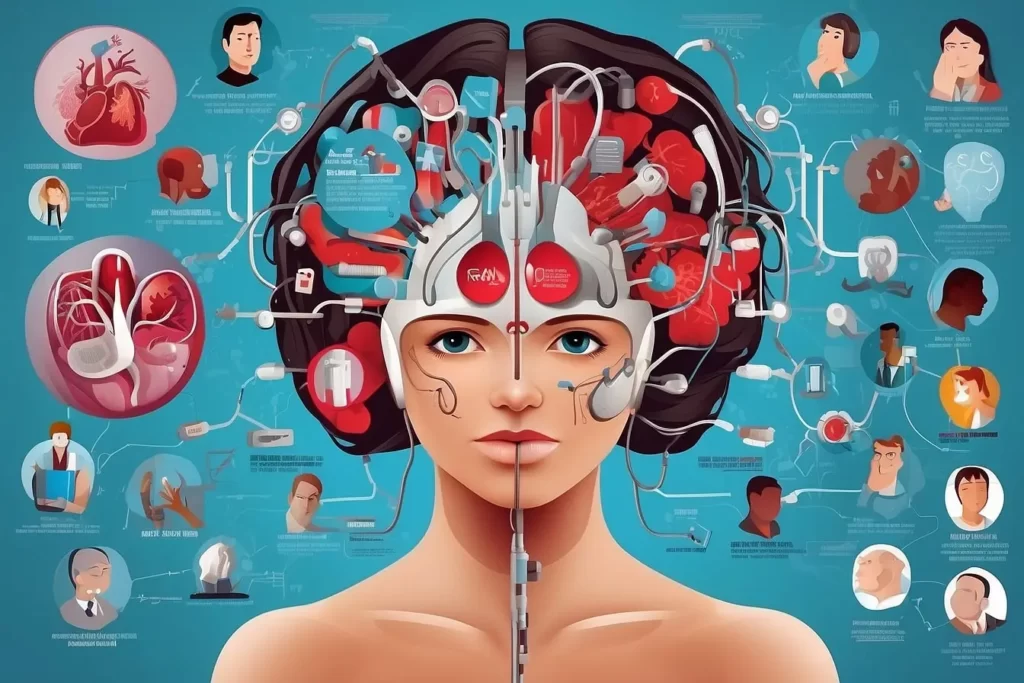
The Average Human Lifetime in the Future: A Glimpse into Longevity Trends
Introduction
In an era of unprecedented technological advancements, the future holds promise for extending the average human lifetime beyond our current expectations. This article explores the potential factors that could contribute to a longer and healthier lifespan, examining the intersection of science, technology, and lifestyle choices that will shape the average human lifetime in the future.
By the group’s estimates women would to live to be 89 to 94 on average instead of the government’s estimate of 83 to 85 years. For men, the group expects they will live to be 83 to 86 instead of the government’s projection of 80 years average life expectancy in 2050.
I. The Current State of Human Lifespan
Before we delve into the future, it’s crucial to understand the current state of human lifespan. In recent decades, advances in healthcare, sanitation, and nutrition have significantly increased life expectancy. The global average lifespan has been steadily increasing, but the question that remains is how far can we push the boundaries of human longevity?
II. The Role of Genetics in Lifespan
Genetics play a substantial role in determining how long we live. In the future, genetic engineering and gene editing techniques may allow us to eliminate genetic factors that predispose individuals to certain diseases. This could potentially pave the way for an increase in the average human lifespan.
III. Regenerative Medicine and Anti-Aging Therapies
One of the most exciting areas of research in longevity is regenerative medicine. Scientists are exploring ways to rejuvenate cells, tissues, and even entire organs. The development of anti-aging therapies may slow down or even reverse the aging process, thereby extending the average human lifespan.
IV. Artificial Intelligence and Healthcare
The integration of artificial intelligence into healthcare is transforming medical diagnostics, treatment, and patient care. AI can detect diseases at an earlier stage, predict health outcomes, and provide personalized treatment plans. As AI continues to evolve, it could help individuals make healthier choices, ultimately extending their lifespans.
V. Precision Medicine and Personalized Healthcare
Precision medicine tailors medical treatment and interventions to an individual’s unique genetic, environmental, and lifestyle factors. As this approach becomes more widespread, it could lead to more effective disease prevention and treatment, thus contributing to longer lifespans.
VI. Lifestyle and Longevity
The choices we make in our daily lives have a profound impact on our longevity. A future where individuals prioritize healthy diets, regular exercise, stress management, and mental health could significantly increase the average human lifetime.
VII. Environmental Impact on Lifespan
The environment plays a crucial role in our health. Environmental factors, such as pollution, climate change, and access to clean water, can either positively or negatively affect human lifespan. Addressing environmental issues will be vital for ensuring a longer and healthier future.
VIII. Ethical and Social Considerations
As we extend human lifespans, we must address ethical and social concerns. Issues related to access to life-extending technologies, healthcare equity, and the implications for retirement, education, and social structures need careful consideration in shaping the future of human longevity.
IX. Challenges and Obstacles
While the future of human longevity is promising, there are substantial challenges to overcome. These include ethical dilemmas, regulatory hurdles, and potential unforeseen consequences of life-extension technologies. Balancing innovation with safety will be paramount.
X. The Quest for Immortality
In popular culture, the idea of achieving immortality has long fascinated humanity. While true immortality may remain a distant dream, the pursuit of ever-increasing human lifespans is a real and ongoing endeavor.
XI. Conclusion
The future of the average human lifetime holds incredible promise. Advances in genetics, regenerative medicine, AI, and precision healthcare, coupled with individual lifestyle choices and environmental considerations, are all contributing to a longer and healthier future. However, with these possibilities come ethical and societal questions that must be addressed. Striking a balance between innovation and responsible use of life-extension technologies will be crucial to ensure that the average human lifetime in the future is not just longer but also better.
As we continue to explore the boundaries of human longevity, one thing remains clear: the future is full of exciting possibilities that may redefine our understanding of the human lifespan.
The life expectancy for World in 2022 was 72.98 years, a 0.24% increase from 2021. The life expectancy for World in 2021 was 72.81 years, a 0.24% increase from 2020. The life expectancy for World in 2020 was 72.63 years, a 0.24% increase from 2019.






